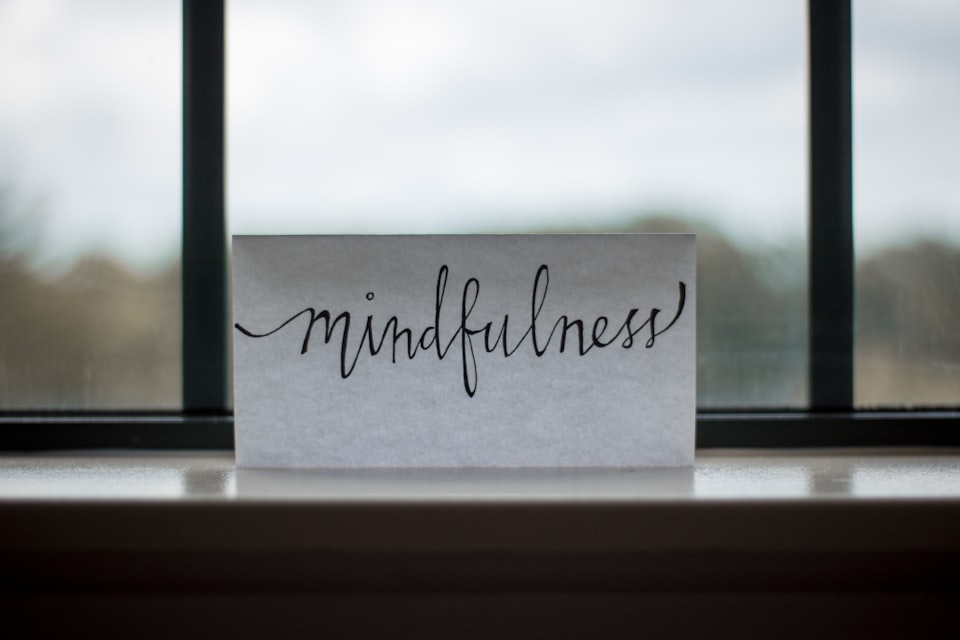Mindfulness might save you. But it won't save us.

Ten years ago I was part-way into my tenure managing an addiction treatment centre for youth and families.
At this fairly remote, wilderness-based facility we had been quietly challenging the status-quo of addiction treatment, recognizing that both the "disease" model and the "choice" model of addiction were fundamentally flawed and not that helpful on the ground with young people.
What was evolving for us was a model of understanding addiction as rooted in disconnection - to self, to others and to the world.

Of course, this wasn't happening in isolation. Dr. Gabor Mate was writing about it in The Realm of Hungry Ghosts. Other practitioners were questioning the medical model, and the system at large was moving away from addiction as "bad choices", as a "trauma informed" understanding of addiction began to take hold.
It was against this backdrop that the team and I decided to embark on an ambitious project - a multi-year, 3rd party evaluation of our outcomes and processes, to answer some fundamental questions, including;
- Does our treatment program work?
- If yes, why does it work and who does it work best for?
- And if no, why not and what can we do about it?
(Don't worry, we're getting to the part on "mindfulness").
